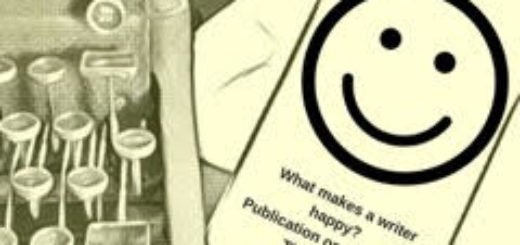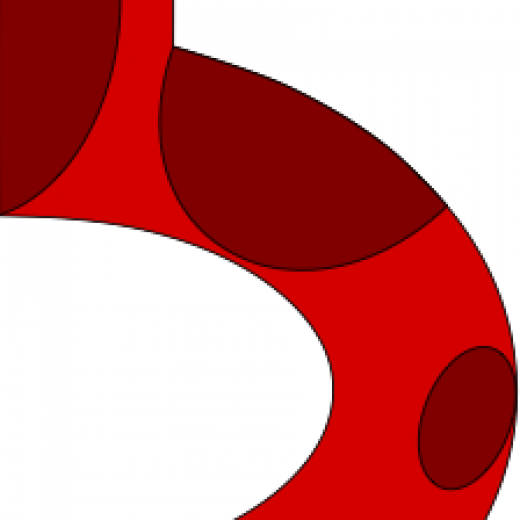Shrapnel from the War on Art by Catharine Bramkamp
 Let’s welcome back monthly columnist Catharine Bramkamp as she shares with us: “Shrapnel from the War on Art.” Enjoy!
Let’s welcome back monthly columnist Catharine Bramkamp as she shares with us: “Shrapnel from the War on Art.” Enjoy!
***
“Within twenty years of having been declared king, content seemed to be on the road to serfdom.” – The Attention Merchants by Tim Wu
With Facebook a hot mess strangling any outreach save purchased ads, with Instagram following (since FB has owned it since 2012), what can artists do to be heard?
Social media feels less like a free-for-all democracy and more like trench warfare. You must have noticed — the war has escalated, and the soldiers, excuse me, artists, are sacrificed daily in a war of attrition.
We are pounded by YouTube ads, bludgeoned with Amazon review requirements numbering in the tens of thousands, shattered by missing hearts on our Instagram posts.
It is increasingly difficult to keep up with anyone or anything, let alone the Kardashians.
If comparing social media to war seems a little extreme, considering the term “Selfie.”
Coined in Australia, the term Selfie was promoted to Word of the Year by the OED (Oxford English Dictionary) in 2013.
By 2018, there were 259 reported Selfie deaths.
Social media can indeed kill us.
Under the onslaught/juggernaut of larger corporate interests and budgets, what is an individual writer to do? How do we survive this war?
First decide what you love: the War or the Art?
The War
The war is all about attention, it’s all about being noticed. Then it’s all about being noticed a lot, then a lot more.
If the measure of success is to be famous, ceding even a yard of hard won ground is like losing the battle. But is the battle worth the wounds?
“Fame, or the hunger for it, would become something of a pandemic, swallowing up more and more people and leaving them with the scars of chronic attention-whoredom.” — The Attention Merchants by Tim Wu
The Art
Art is what we create first thing in the morning before the guns fire up.
Art is an expression of the authentic. It’s unique because it comes from the heart and soul.
Unlike the rules of engagement, art is almost always difficult to scale.
We do want to scale our gifts in order to help as many people as possible; my clients very much are in that category. But the attempt to scare is like the cavalry rushing into machine gun fire.
What if, just once, during a calm in the battle, you create the art?
Wow, here is my unique vision and here is what I have to say.
- What would that look like for you?
- Would just doing the art make you happy?
- Is art enough?
Can Art Survive the War?
Art has not only survived war, it’s the way we make sense of the aftermath, comment, and describe the truth of the battles, of the victories.
Art, even in the center of the social media melee, is the critical eye, the satirical sketch, the play.
We need art, even if just to sort out what really happened, and what we really experienced in the trenches.
War does not rest. How many soldiers can you throw into the front?
How many deaths can your side sustain against the sustainability capabilities of the opposition?
In this current war, the opposition is machines, loops of referential big data which makes it a relentless and tireless enemy. Big data manipulation operates without a moral compass. It does not pause for compassion. It will not allow us to pick up the wounded and carry them home.
Art needs to survive. But laboring under the direct onslaught of automatic weapons often leads to little more than shell shock, PTSD.
We need to capture lost ground, take art back, and drag it away from the mustard gas of tweets, likes and hearts.
Our gift is to stay real, report the truth.
During the imperative of war, the very worst thing a solider can do is fraternize with the enemy, or desert. But that is exactly what we need to do: walk away from the battle, climb a hill, and take a longer view of the fire and smoke.
Question the decisions, argue with the generals.
We need to abandon the war.
It’s the only way to help all the soldiers still on the ground understand what the fighting is all about.
Catharine Bramkamp’s Next Class
Join the Underground: https://story-university.teachable.com. ”Journaling for Change” class open until Sept. 30th.
Resource: The Attention Merchants by Tim Wu.
***
ABOUT THE AUTHOR
 Catharine Bramkamp is the co-producer of Newbie Writers Podcast that focuses on newer writers and their concerns. She is a successful writing coach, Chief Storytelling Officer, and author of a dozen books including the Real Estate Diva Mysteries series, and The Future Girls series. She holds two degrees in English and is an adjunct university professor. After fracturing her wrist, she has figured out there is very little she is able to do with one hand tied behind her back.
Catharine Bramkamp is the co-producer of Newbie Writers Podcast that focuses on newer writers and their concerns. She is a successful writing coach, Chief Storytelling Officer, and author of a dozen books including the Real Estate Diva Mysteries series, and The Future Girls series. She holds two degrees in English and is an adjunct university professor. After fracturing her wrist, she has figured out there is very little she is able to do with one hand tied behind her back.






